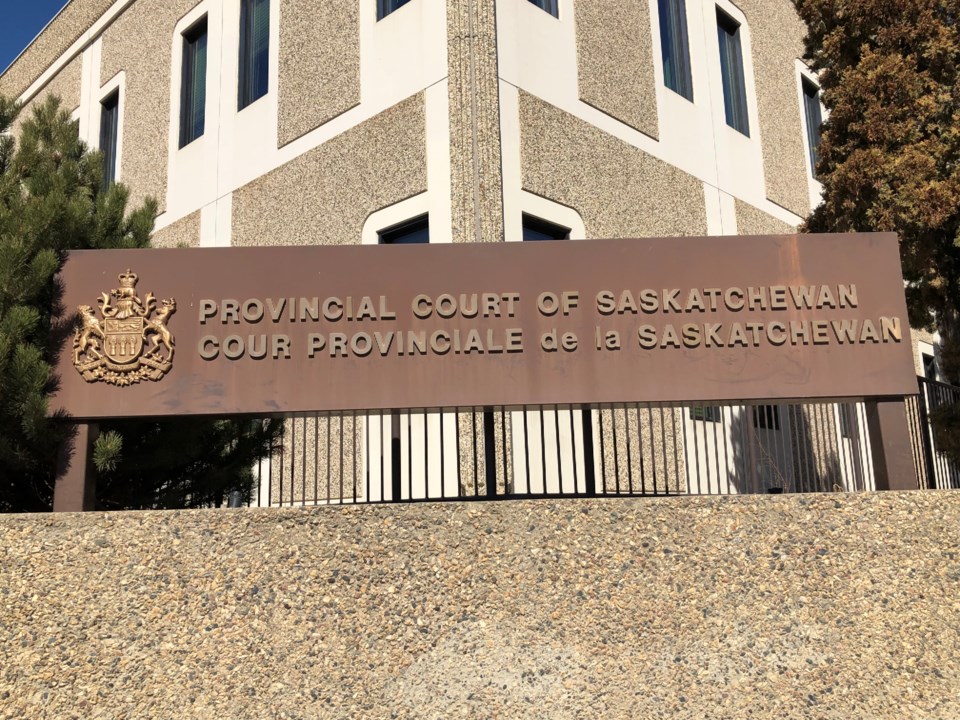MOOSE JAW — It was Oct. 27, 2021, nearly a month after the province mandated vaccine passports or negative COVID-19 tests to enter restaurants, when a public health inspector visited a Caronport business around 7:05 p.m. and placed an order.
The woman asked for a hot drink at the counter of The Beacon, with the server placing the order but never asking for the inspector’s identity, proof of vaccination status or a negative test.
The inspector sat at a table to wait while the server made the drink before returning to the counter to pick up the order and leaving around 7:20 p.m.
The next day, the woman and a co-worker returned to the business, spoke with the server, , identified herself as a public health inspector, and left.
The owner acquired legal counsel, while the courts eventually held a trial in May 2023 to determine whether the business had violated the first health order.
On June 19, Judge Brian Hendrickson announced in provincial court that the Caronport-based business was not guilty of the allegation.
Hendrickson said while he was satisfied that the Crown had proven that The Beacon was operating on Oct. 27, 2021, was a restaurant as defined under the public health order, that the inspector entered and was not asked for ID of vaccination or negative test, he was not satisfied that the Crown had proven beyond a reasonable doubt that the business violated the order and committed a prohibited act.
A sub-section of the health order did say a business owner had to ask every patron over age 18 for vax ID, but that regulation did not apply if the patron entering an establishment — such as a restaurant — was there “solely to place, pick up and pay for an order.”
The judge said he was satisfied that the inspector ordered a drink, waited for it, and left without drinking it there. Moreover, her sitting at the table didn’t change her purpose in entering The Beacon to purchase and pick up a drink.
“I am sympathetic to businesses which, during the pandemic, had to implement new policies or change policies to ensure compliance with various public health orders,” said Hendrickson. “However, the orders were imposed in extraordinary times during the global pandemic.”
There should have been some flexibility in giving businesses time to notify their employees about these changes and ensuring re-training could occur to ensure compliance, he continued.
The Beacon’s owner — who purchased the business in March 2020 — said during the trial that while she may have heard about the new health order in the news, she did not contact the Saskatchewan Health Authority to determine whether it applied to her business. She also received an email update on Oct. 26, 2021, but “was in a quandary” because she did not know how to proceed.
Hendrickson said a reasonable step the business owner could have taken was to send a mass email or text to staff and ensure they asked patrons for ID.
“(The business owner) acquired The Beacon in COVID-19 times and should have appreciated that she did not have the luxury, if you will, of providing perfect or ideal training,” he said.
During the trial, the business owner’s defence counsel also argued that the health minister did not have the legal power to sub-delegate his power to the chief medical officer. In response, Hendrickson, referencing similar court cases, said the minister had that authority.




